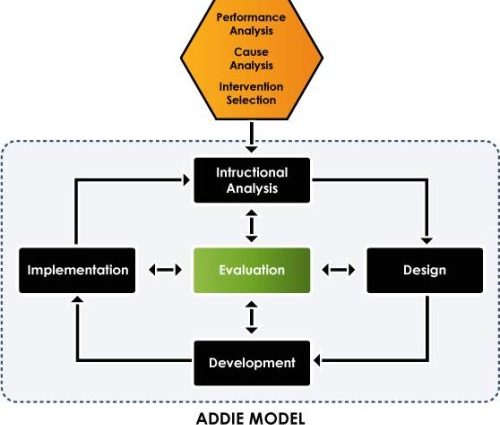Contents
Why is it important to separate ends and means? What kind of mistakes can such confusion lead to? And how to avoid subsequent disappointment?
It is hard to imagine how you can confuse a bow and arrow with the target itself. But when it comes to the sphere of human desires and ideas, such a hodgepodge is quite expected. Moreover, a person often falls into a trap. And as a result: disappointment, unjustified expectations and painful experience.
Imagine the most precious and desired. At this moment, a picture is drawn where you are one of the main characters. Anything can be depicted on it: open spaces and seascapes, a corporation you built, a large family in a country house, a book you published, and much more. Everything that you depict will be the object that you aspire to and build your life path.
At first glance, such a picture is your goal. This is how we tend to think. But whatever you draw will not be a desirable object, but only a means to gain a state and a feeling. A successful business, a large and friendly family, and even the circulation of your book — each of you will be looking for something different behind these objects.
Someone will strive for stability, someone for success, someone for satisfaction, someone for being loved. And that will be the goal. After all, the published book itself is worth nothing, and what we want to get is the effect that its publication will have on us.
What do I want to get from what I want?
This simple question allows you to see a more significant goal. Of course, this raises the problem of honesty: it is difficult for us to confess the true motive. Therefore, we often hide behind a means, passing it off as our goal. Moral attitudes and restrictions do not allow us to look behind the curtain and sometimes admit even to ourselves what we really want.
Analyzing each of your desires, check: what is behind it? For example, the desire for material well-being can hide both the thirst for success, power, and security. Awareness of the true goal will also allow you not only to understand yourself, but also to evaluate the effectiveness and appropriateness of the chosen means.
What do I want more?
Our desires are contradictory, but because of the thirst for possession and charm, we are not always able to see and understand the contradiction. For example, you are building a large and beautiful country house. Having lived there for several years, you do not get satisfaction from the comfortable and once desired life in it. Why? Because there were no children and grandchildren in the house for whom you wanted to build a house.
It turns out, on the one hand, you wanted comfort and beauty, and on the other hand, family and relationships. Deserted rooms of the house now bring disappointment. How to prioritize? Answer the question: «Which would I choose — to live in a big beautiful house without children / grandchildren, or to live with grandchildren / children, but without a house?» Such a thought experiment allows you to determine what is of great value to you.
Giving up one of the options can be painful, but it will be good for self-awareness and working with your greed. Therefore, the answer «and this and that» in this case is not accepted.
What happens if I don’t get what I want?
Sometimes we think that what we want is what we want. Due to beliefs, social attitudes, or past experiences, we continue to want the familiar. By answering this question, we shift the focus of attention to the process itself. Such reflection also allows you to see the degree of attachment to the chosen goal. And realize the level of our lack of freedom. This creates space for reassessing the value of the goal itself.
On vacation, you expect to get the level of comfort you need. In studies, you expect a certain set and amount of knowledge. Disappointment will come if your expectations are not met. But if you shift the focus from the goal of admission to the learning process, then there will be an internal reassessment of values. In this case, the means becomes the end.
When the path itself becomes the goal, we cease to be hostages of the result. The changes and unpredictability of life will not bring disappointment if we are open and flexible not only to external, but also to internal processes. After all, if your goal is to get pleasure, love and interest, then the means itself ceases to matter.










